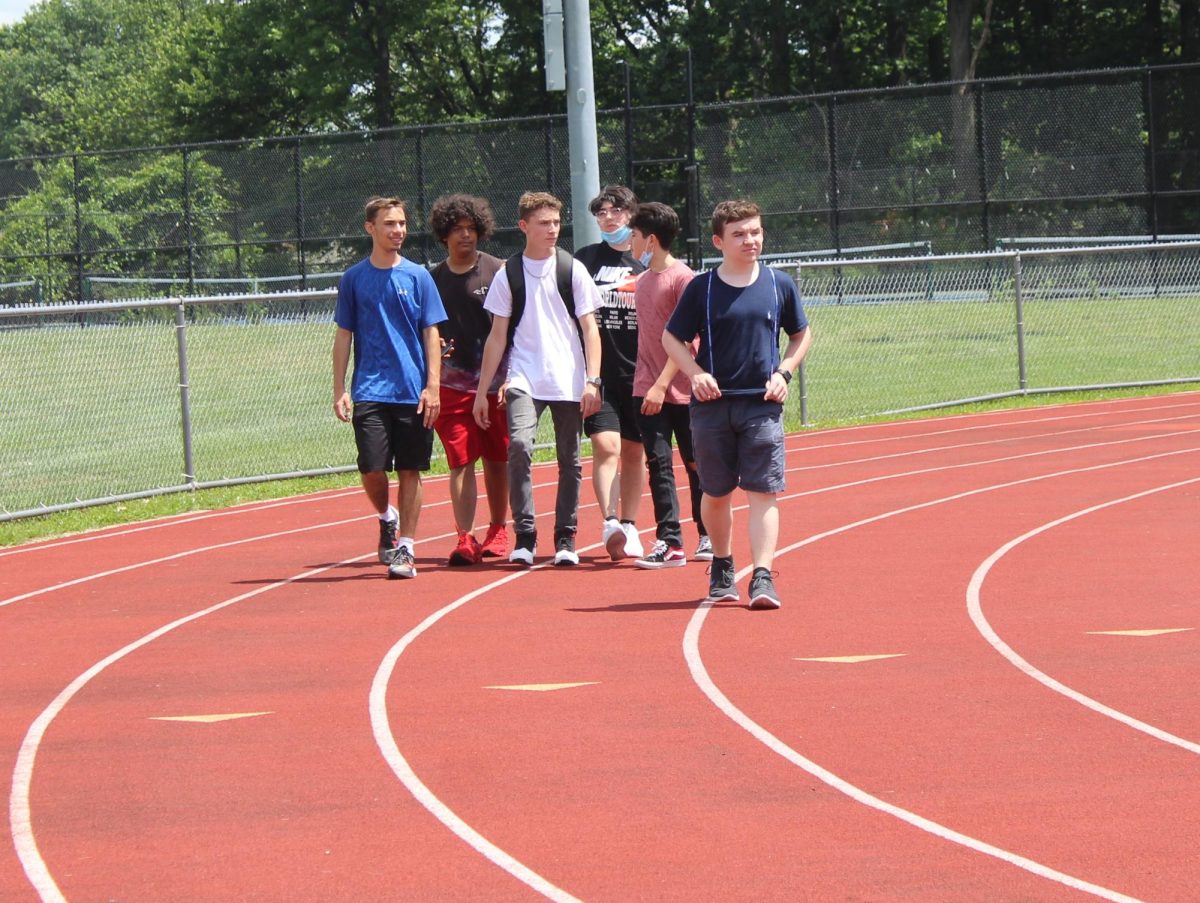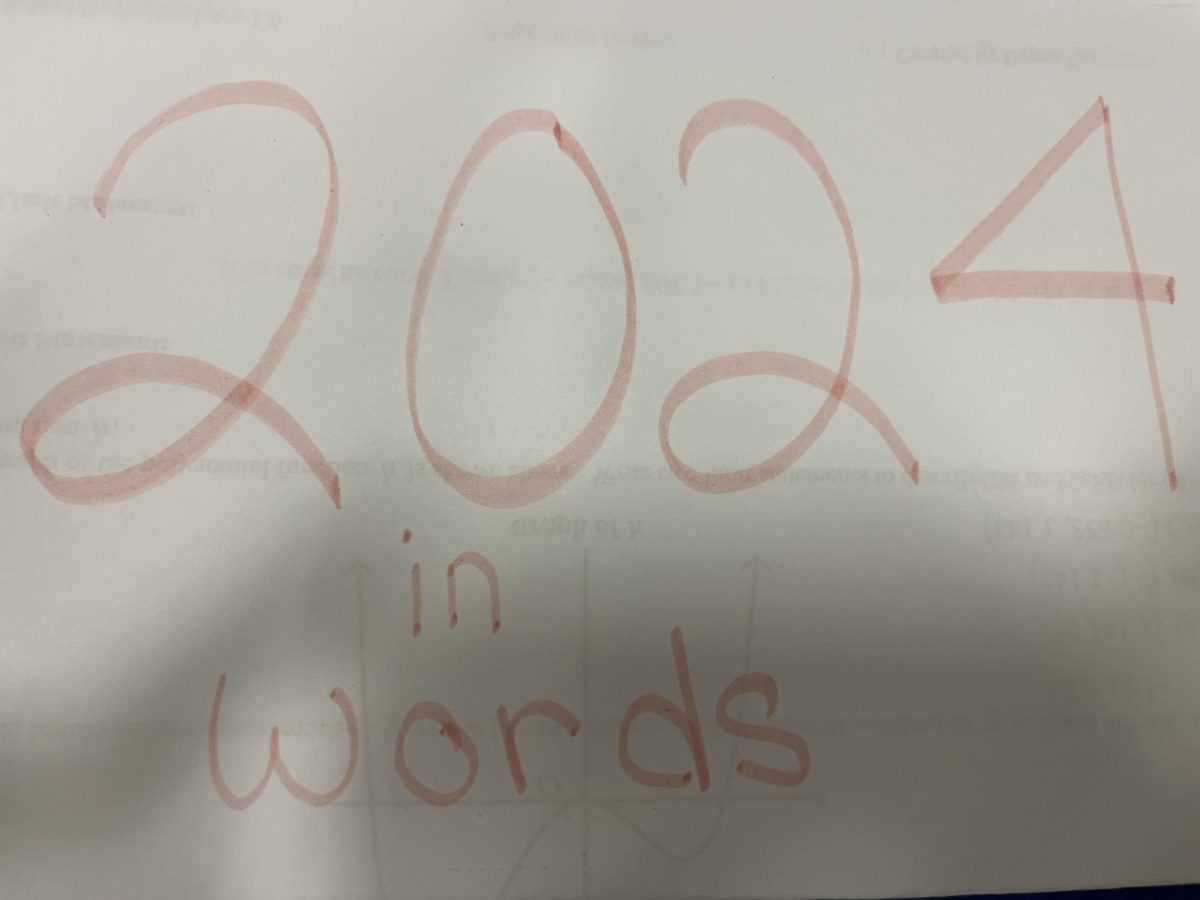Ever since Covid-19 happened people’s social skills declined drastically. Is it important to help society gain back their social skills for conversations?
What’s the purpose?
The main reason for having conversations is to obtain different points of view. This is important because it reflects a mutual understanding. This can also support a decision and commitment. Another valuable reason why people should have meaningful conversations is to change someone’s viewpoint or intentions.
Another reason would be to make sense of something. Making sense of things is crucial for solving problems and encouraging meaningful connections. This also includes searching for opportunities because it allows you to learn and build relationships. You can find ways to contribute value to the conversations.
Does technology help create good conversations?
Although technology has revolutionized the way we communicate, it often falls short in facilitating truly meaningful conversation. One reason can be because of its limitations in conveying non-verbal cues. Which is the lack of face-to-face, body language, and facial expressions used. These are largely absent due to the text based messages or voice calls.
Junior, Lily Borek said, “I believe that using technology to communicate with people is really important and useful in our generation. I’ve used it to talk to family and friends even just to check in and see how they’re doing.”
Moreover, the use of technology can lead to distraction and multitasking, which undermines the quality of conversations. However, this can change and enhance conversation if it’s used thoughtfully.
Do conversations require skills?
To some degree conversation requires a complex mesh of skills. These skills are essential for navigating the complexity of conversation. A skill to master is verbal communication; which is the ability to express your thoughts, ideas and emotions clearly. This is important because it assures the people you are communicating with that you are in control of everything, even when the situation is leaning towards negative outcomes.
Junior, Sofia Sokolow says,” yes. you need to have good social cues to help react appropriately.”
Communication is not solely about speaking; it also involves the skill of active listening. Focusing on what the speaker is saying, and processing the information, and repeating them can reassure their decisions. Nonverbal conversations are something society mastered in their early years. When your nonverbal signals match up with the words you are saying, they can increase trust and clarity.
Are there obstacles relating to conversations?
There are multiple obstacles in conversation. Obstacles such as miscommunication, which leave two people on different pages, which can ruin relationships. Other obstacles like distraction, emotional barriers, and the lack of active listening. Being distracted can end up leaving people feeling neglected or valued, which can also lead to toxic relationships.
Another thing that can ruin your relationship is triggering emotional barriers. An emotional barrier is a mental block that influences how you perceive others’ actions and prevents you from clearly communicating your feelings. However, lacking the skill of active listening is a whole new problem.
According to the Southern University of California, “Recent research has shown that poor listening habits and skills effect more than 70% of all employees, resulting in misunderstandings, errors, missed opportunities, arguments, stalled projects and damaged relationships.” Therefore, a disadvantage of not being a good listener is that you reduce empathy and emotional intelligence.












